Design
Simple is back, in a massive way
'Simple' isn't very simple at all. Here, we look at the simplicity in product design that comes from solving complexity.
我们接受:
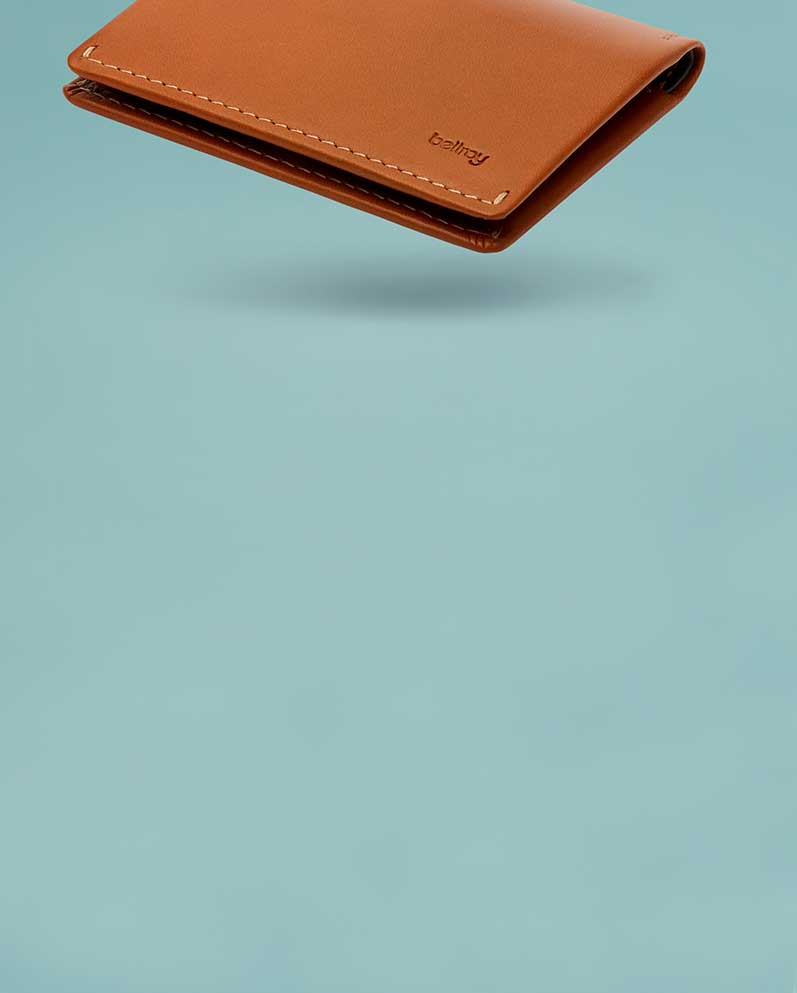
There has been a lot of buzz in recent years about minimalism – living simply, with only what you need to get by. The attraction is that when you shed unnecessary attachments to material things, you become freer to concentrate on what truly matters to you. That may be time with family and friends, or traveling light through the world and experiencing new things. Whatever stokes your fire.
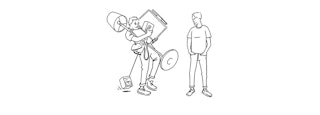
But, one of the biggest myths about minimalism is that you have to get rid of everything in your life that doesn’t add some kind of utility (and maybe even some stuff that does). Got a car? You can ride. Got a bike? You can walk. Got shoes? You can go in bare feet, can’t you? The answer might be yes to a lot of this stuff, but it could lead to a pretty uninspired life, depending on your idea of a ‘good’ life.
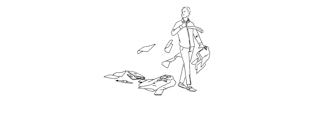
To help you figure out what to cut, what to keep and what to acquire, we’ve put together a few framing questions that inspire a healthy balance.
Trying to figure out if something is going to put a smile on your face time after time is a great way to approach a minimalist life.
Minimalism can often be portrayed as joyless. But really, it’s about keeping the good and subtracting the unnecessary. Good = joyful. Asking yourself “does this spark joy” is a decluttering technique made famous by Marie Kondo. And, it’s very effective. Go through your things and ask yourself if each item adds some happiness to your existence. The slippery slope here is that you might keep things that don’t truly enhance your life in a lasting, or meaningful way. So, we suggest adding a secondary question…
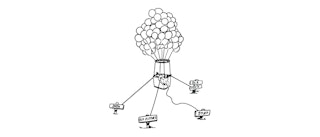
Would you rather be ecstatic for one day, or pleasantly content for a lifetime? The answer might depend on how long you have left to live. But, in all seriousness, trying to figure out if something is going to put a smile on your face time after time is a great way to approach a minimalist life. Of course that sixth, seventh, or eighth pair of shoes is going to add a bit of joy, but those trusty favorites that keep on giving are the ones that you should actually keep (and treasure).
Another issue with using the joy concept alone, is that sometimes things don’t add ‘joy’ to your life, but they do add value. That’s why our third question helps you think about what an item is really giving you.
A pair of Nikes might inspire you to get out and run more, in addition to simply protecting your feet. A new slim wallet might help you carry less in the long run and keep things simpler and more focused.
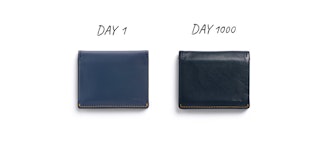
The point of this question is to be deliberate about your purchases and honest about the reason you want them. Sometimes this can be tricky. We often think that the surface function of a product is its real value. For example, a BMW helps transport you reliably from A to B. But the actual value of this type of car is the status it brings. The real value of a Tesla is that you’re buying into the clean energy movement (and probably a bit of status too). This doesn’t mean these things don’t matter, but they only matter if they are important to the life you’re trying to lead. A pair of Nikes might inspire you to get out and run more, in addition to simply protecting your feet. A new slim wallet might help you carry less in the long run and keep things simpler and more focused. It’s all about examining everything in this light and being open about your true motivation to own something. You’d be surprised at the amount of impulsive purchases this will save you, and potentially bigger ones too
So, in short: keep things that make you lastingly happy, discard the unnecessary, and demand more value, from fewer things – especially when acquiring anything new. And then enjoy the freedom it brings.
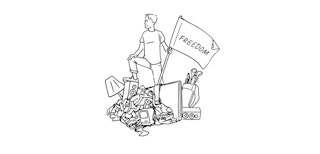
There are a few ways we can help you streamline the things you carry, so you get more from less. Take a look:
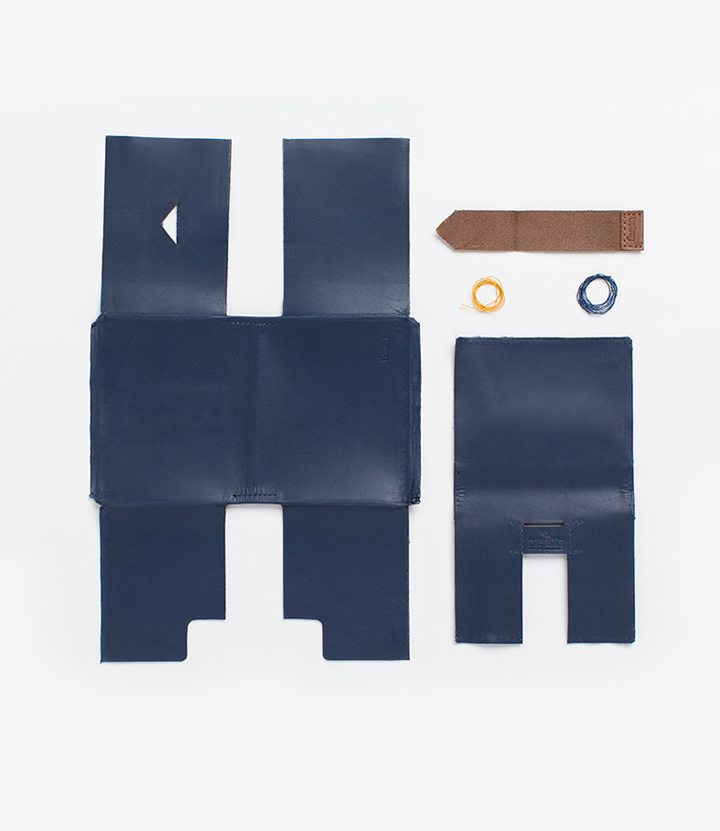
'Simple' isn't very simple at all. Here, we look at the simplicity in product design that comes from solving complexity.
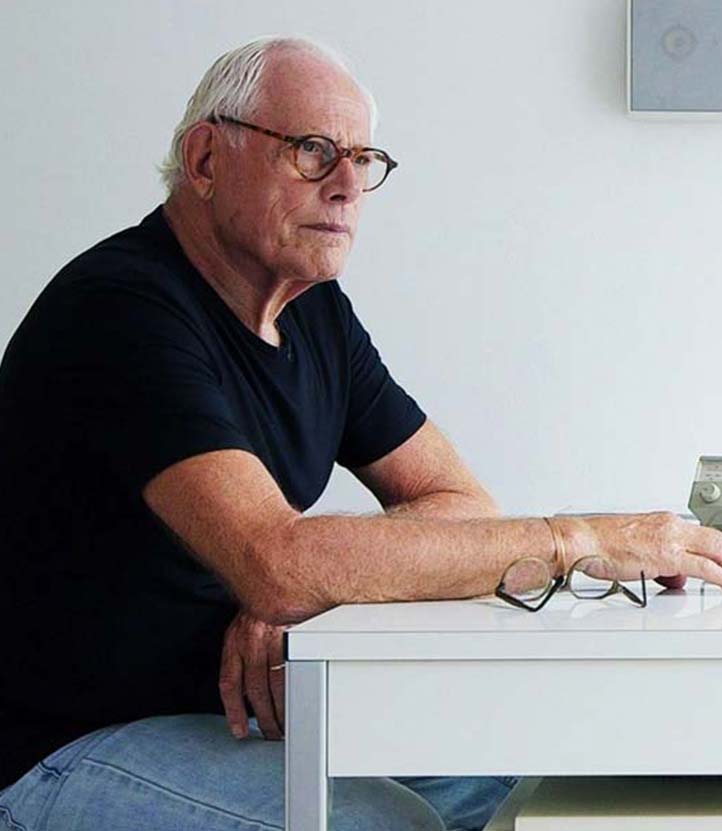
More than half a century after pre-eminent minimalist, Rams, started designing, his influence is still felt profoundly.
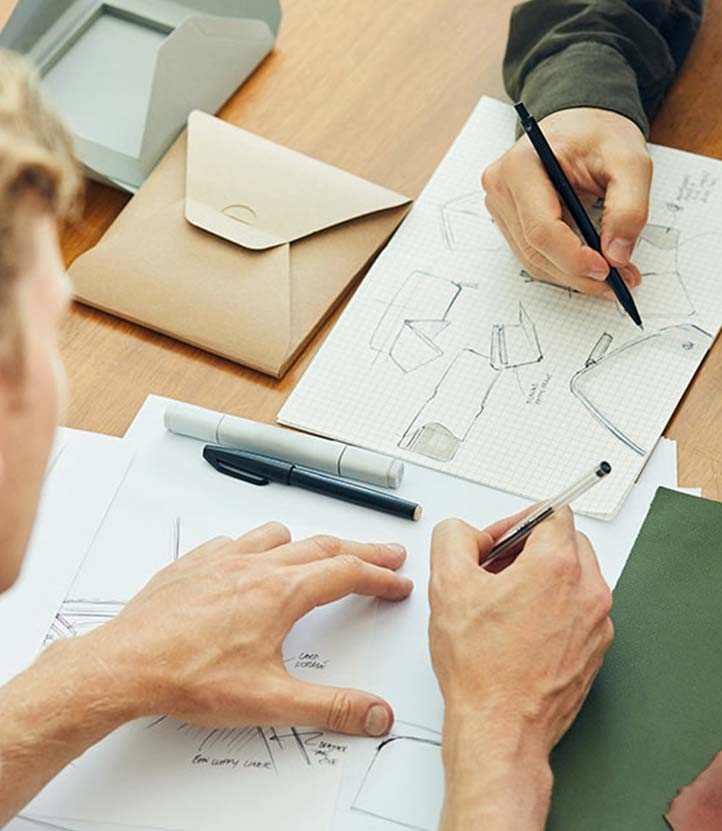
Designers Edition lead designer, Davin Hanna, shares his perspective on design, and the process that guides it.